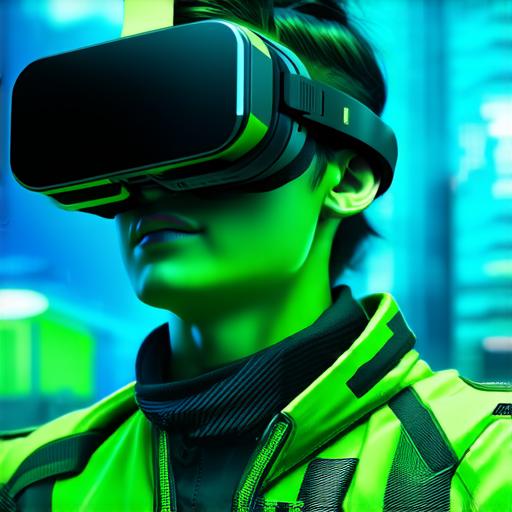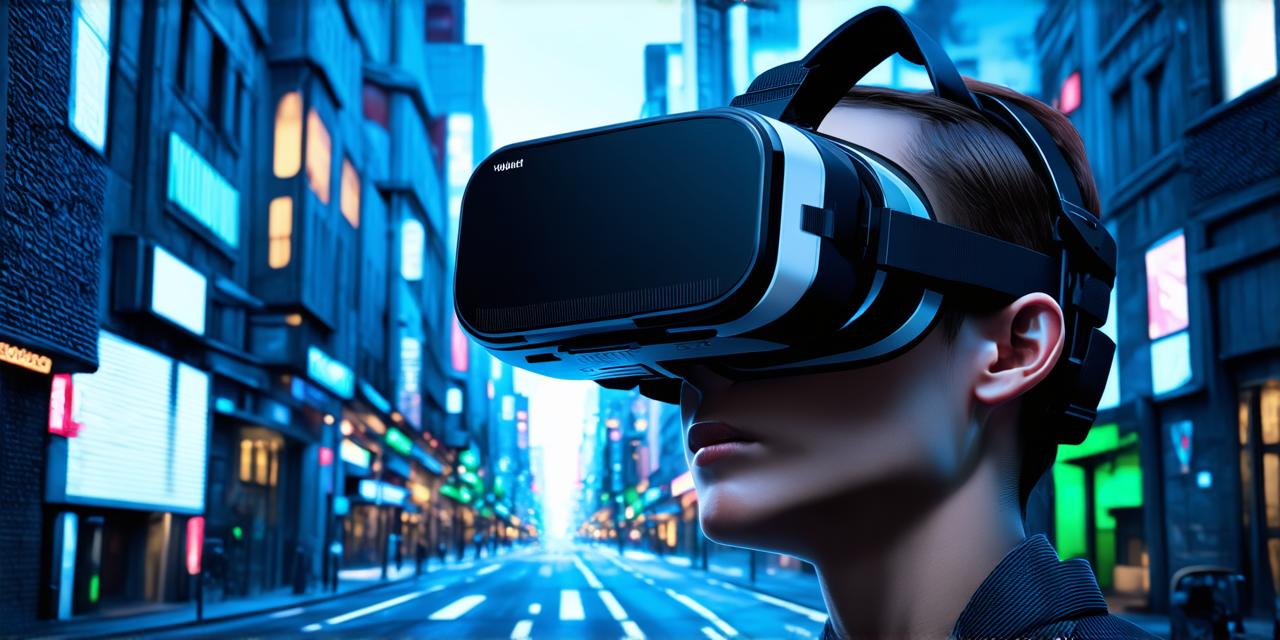Virtual reality (VR) is a rapidly growing technology that allows users to experience digital environments as if they were real. There are numerous benefits to using VR, including increased immersion, improved training, enhanced communication, and more effective therapy. In this article, we will explore the various advantages of virtual reality and how it can be used to improve our lives.
Improved Training
Virtual reality provides an opportunity for individuals to practice skills in a safe and controlled environment. This is particularly useful for industries such as healthcare, military, and aviation where mistakes can have serious consequences. By simulating real-world scenarios, VR enables users to gain experience and improve their performance without the risk of injury or damage to equipment.
Enhanced Communication
Virtual reality provides a unique platform for communication and collaboration. With VR, users can interact with others in a virtual environment that allows them to see and hear each other as if they were in the same room. This technology enables teams from different locations to work together on projects, share ideas, and make decisions.
Improved Therapy
Virtual reality has been used successfully in therapy for a variety of conditions, including anxiety disorders, phobias, and post-traumatic stress disorder (PTSD). By creating realistic simulations of triggering situations, VR allows patients to confront their fears and learn coping strategies in a safe environment. This technology has also been used to treat chronic pain by distracting the patient from their pain and providing a sense of control over their environment.
Increased Immersive Learning

Virtual reality provides an immersive learning experience that can enhance student engagement and retention. By placing students in virtual environments, educators can provide them with hands-on experiences that are not possible in a traditional classroom. This technology also allows for personalized learning experiences that cater to individual needs and learning styles.
In conclusion, virtual reality is a powerful tool with numerous benefits for individuals and organizations alike. Whether it’s improving training, enhancing communication, or providing effective therapy, VR has the potential to transform the way we live and work. As this technology continues to evolve, we can expect to see even more innovative uses for virtual reality in the future.
